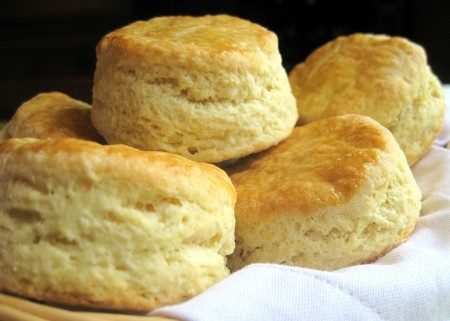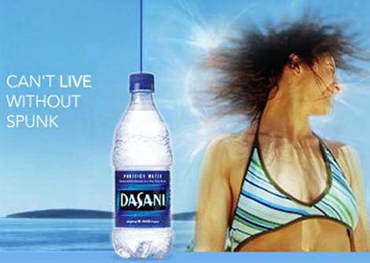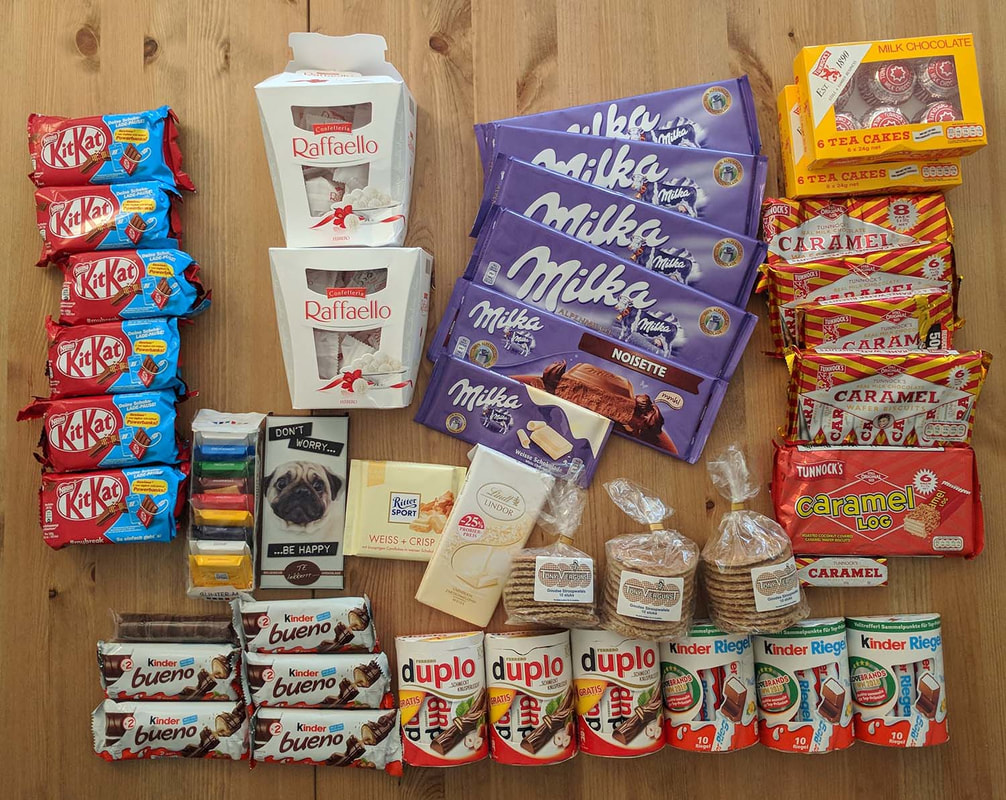I find having an Amazon Echo very useful for converting metric/imperial units (which need to do all the time), converting currencies and setting timers/alarms, but it does tend to struggle with my Australian accent, whereas my Google Voice Assistant on my phone is generally flawless with Aussie accents, from the strong, "broad" Strine Australian accent (think Crocodile Hunter Steve Irwin) to Standard Australian and Cultivated Australian (the Australian equivalent of the mid-Atlantic accent Kelsey Grammar as Frasier Crane used). I tend towards the latter in the US so people and machines can understand me.
Still, it could be worse. I could be Scottish, some of whom try as they might were totally unintelligible to me.
| |
I mean, I had assumed, but still, thank god.




 RSS Feed
RSS Feed